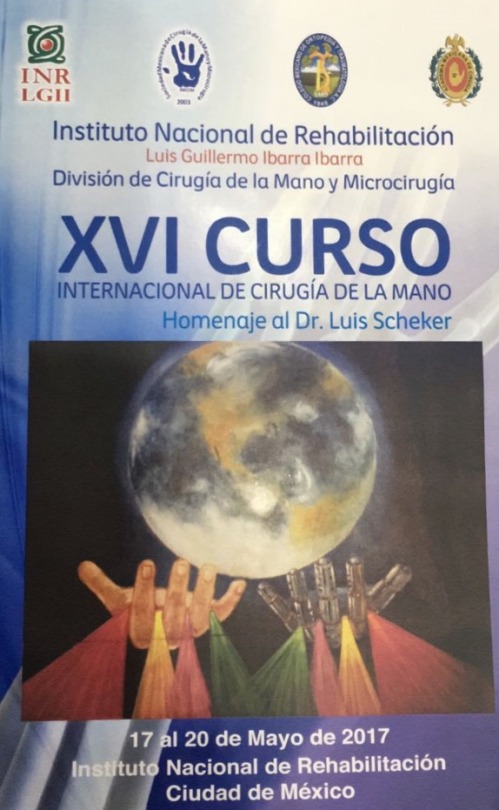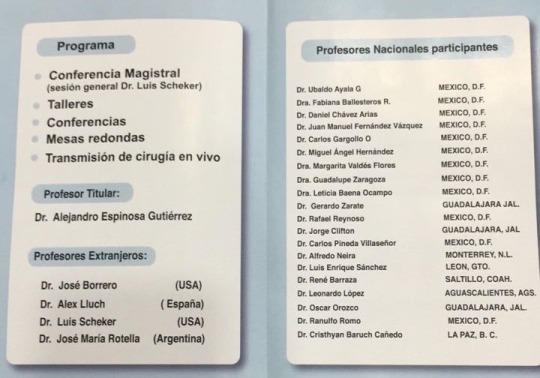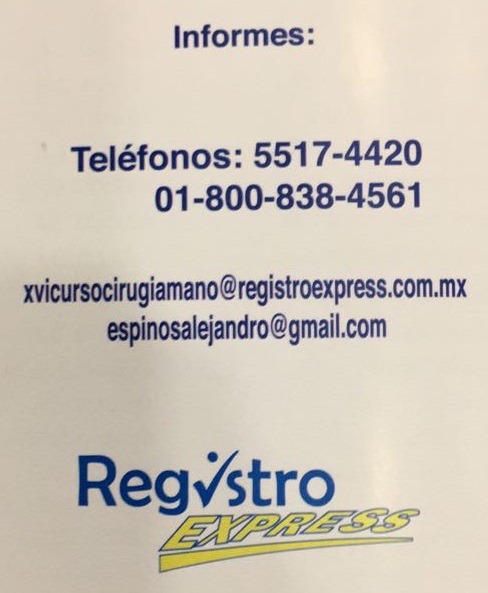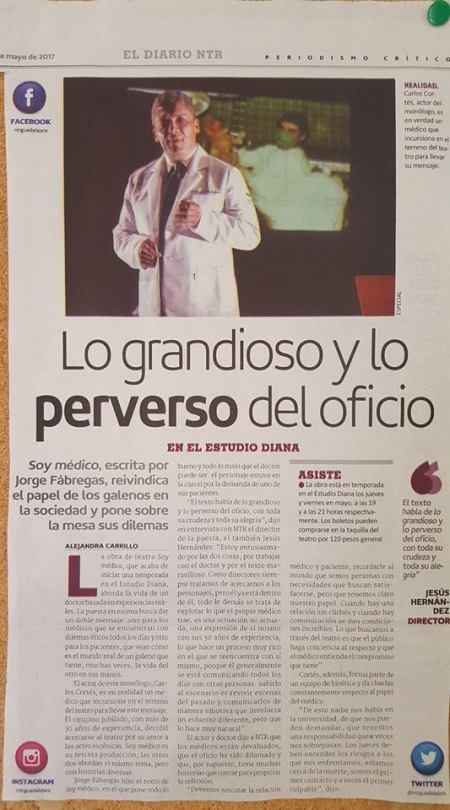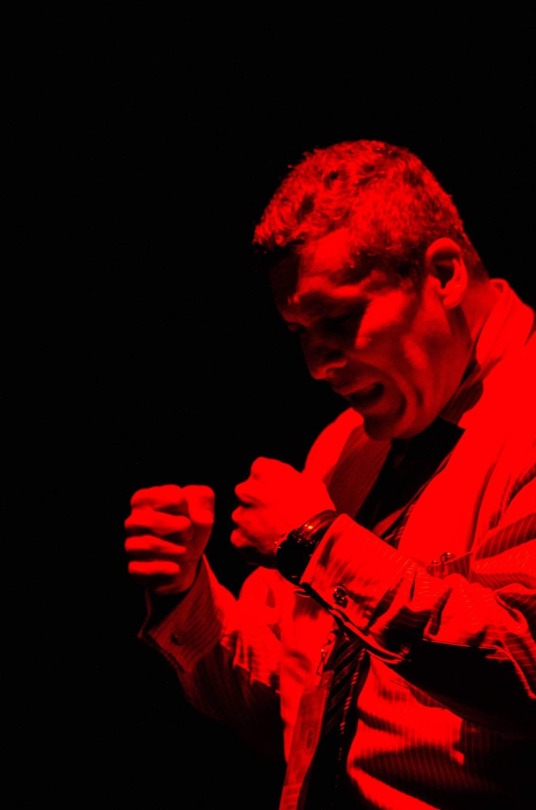Anterior Cruciate Ligament Repair and Biologic Innovations
Fuente
Este artículo es originalmente publicado en:
De:
2017 May 9. doi: 10.2106/JBJS.RVW.16.00050. [Epub ahead of print]
Todos los derechos reservados para:
Copyright © 2016 Ovid Technologies, Inc., and its partners and affiliates. All Rights Reserved.
Some content from MEDLINE®/PubMed®, a database of the U.S. National Library of Medicine.
Anterior cruciate ligament (ACL) tears are currently treated with allografts and autografts.
Advancements in tissue engineering and biosynthetics are improving ACL repair techniques.
ACL repair may offer a viable option for skeletally immature patients.
U.S. Food and Drug Administration (FDA)-approved biologic scaffolds are undergoing clinical trials currently and may someday offer an off-the-shelf option for treatment.
Resumen
Los desgarres del ligamento cruzado anterior (LCA) se tratan actualmente con aloinjertos y autoinjertos.
Los avances en la ingeniería de tejidos y biosintéticos están mejorando las técnicas de reparación de ACL.
La reparación del ACL puede ofrecer una opción viable para pacientes esqueléticos inmaduros.
Los andamios biológicos aprobados por la Administración de Alimentos y Fármacos de los Estados Unidos (FDA, por sus siglas en inglés) están siendo sometidos a ensayos clínicos en la actualidad y quizás algún día ofrezcan una opción estándar para el tratamiento.
© 2017 All Rights Reserved.The Journal of Bone and Joint Surgery, Inc.

